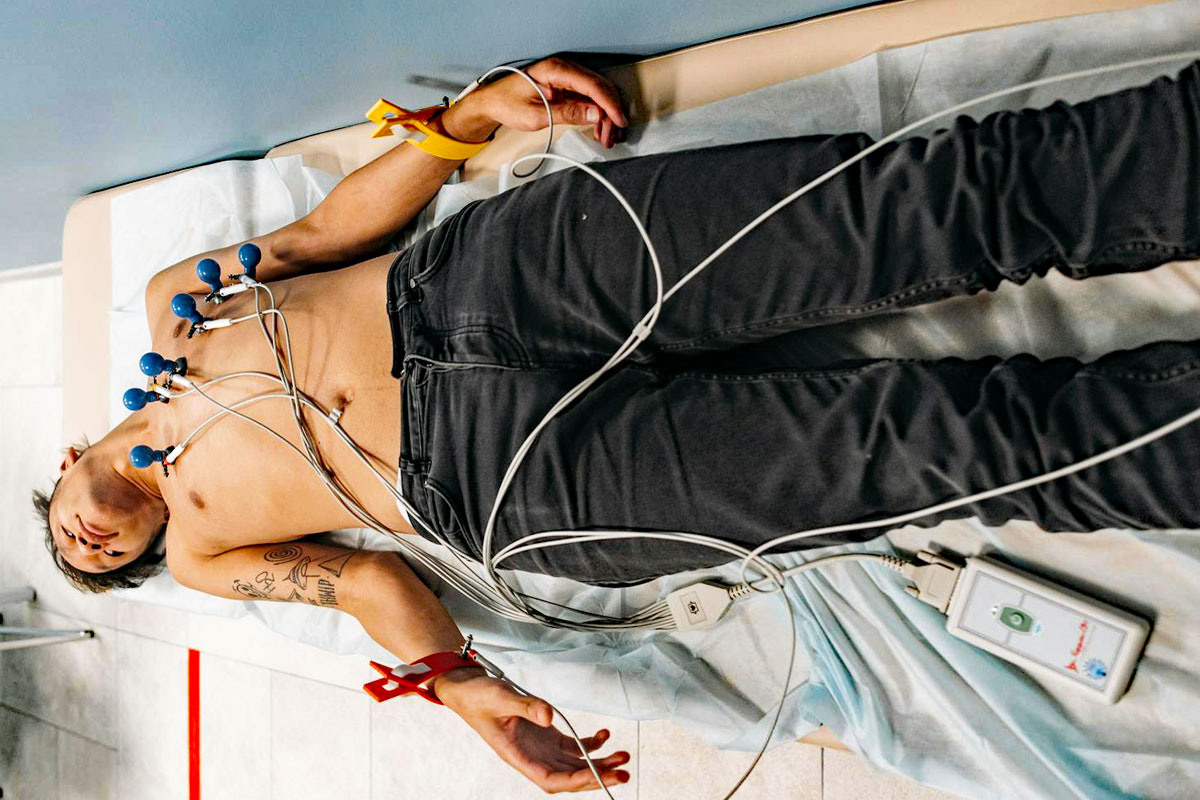Many lifestyle magazines suggest quick workplace exercises but fail to consider the reality of working in a small, shared space like a cubicle. Not everyone has the privacy or space to perform jumping jacks or Pilates stretches during a break. However, staying healthy while working in a cube or small office space is entirely possible with some creative and practical strategies.
Make A "Health" Drawer
Transform one of your filing drawers into a "health" drawer. This drawer can house a variety of tools to support your well-being throughout the day. Stock it with non-perishable snacks like dried vegetables or nuts, herbal tea bags to transition from caffeinated beverages in the afternoon, and a travel-sized hand sanitizer to protect against common colds spread via shared surfaces. Consider adding a canvas bag with athletic shoes for impromptu walks or stretches during lunch breaks. This small but dedicated space can serve as a reminder and resource to prioritize your health.
Get Blood Flowing Back to Your Brain
Sitting for extended periods can lead to blood pooling in your feet, ankles, and lower body. This may cause puffiness and reduce overall energy levels. To combat this, incorporate subtle movements into your day. Store frequently used items like staplers or paper clips on high shelves to encourage standing and stretching. While standing, lift each leg at the knee a few times to stimulate circulation. Some workers find it helpful to hang a postcard or small item at the top of their cubicle wall to serve as a visual cue to stand and stretch periodically. Small movements can make a big difference in keeping your energy levels stable and your circulation healthy.
Prevent Muscular Injuries
Repetitive stress injuries (RSIs) are a common issue in desk jobs. The CDC reported over 92,000 cases of injuries caused by repetitive motion, including typing, in a single year. To minimize your risk, take regular breaks from typing—at least once every hour. Use a wrist support while typing to ensure your forearm, wrist, and hand remain aligned. Harvard’s RSI Action Group recommends simple exercises to alleviate strain, such as wrist stretches and finger extensions. If you frequently use a phone, invest in a headset to avoid neck strain from holding the phone with your shoulder.
Stay Hydrated
Hydration is key to maintaining energy, supporting weight management, and recovering from minor illnesses. Keep a four-cup water bottle or thermos at your desk and refill it daily. Hydrating regularly can help curb unnecessary snacking since thirst is often mistaken for hunger. However, avoid overhydration, as excessive water intake can dilute essential vitamins and minerals in your bloodstream. Aim for balance by sipping throughout the day instead of chugging large amounts at once.
Set Pill Reminders
Many busy professionals struggle to remember to take their vitamins or medications. An easy fix is to use an attractive, desk-friendly container to hold your pill bottles, such as a decorative flower pot. The visual reminder will help you stay consistent with your supplements or medications. For safety, keep prescription medications, especially those with street value, secure and out of reach of others in the office. If privacy is a concern, consider keeping your pills in your bag rather than your desk.
Maintaining your health at work doesn’t have to be complicated. By making small, strategic changes like creating a health drawer, standing periodically, and staying hydrated, you can support your well-being even in a busy office environment. These simple yet effective strategies ensure you stay energized, focused, and ready to tackle your tasks with ease.
References
1. Centers for Disease Control and Prevention (CDC). "Repetitive Stress Injuries in the Workplace."
2. Harvard RSI Action Group. "Preventing Repetitive Strain Injuries."
3. American College of Sports Medicine. "The Importance of Workplace Wellness."













